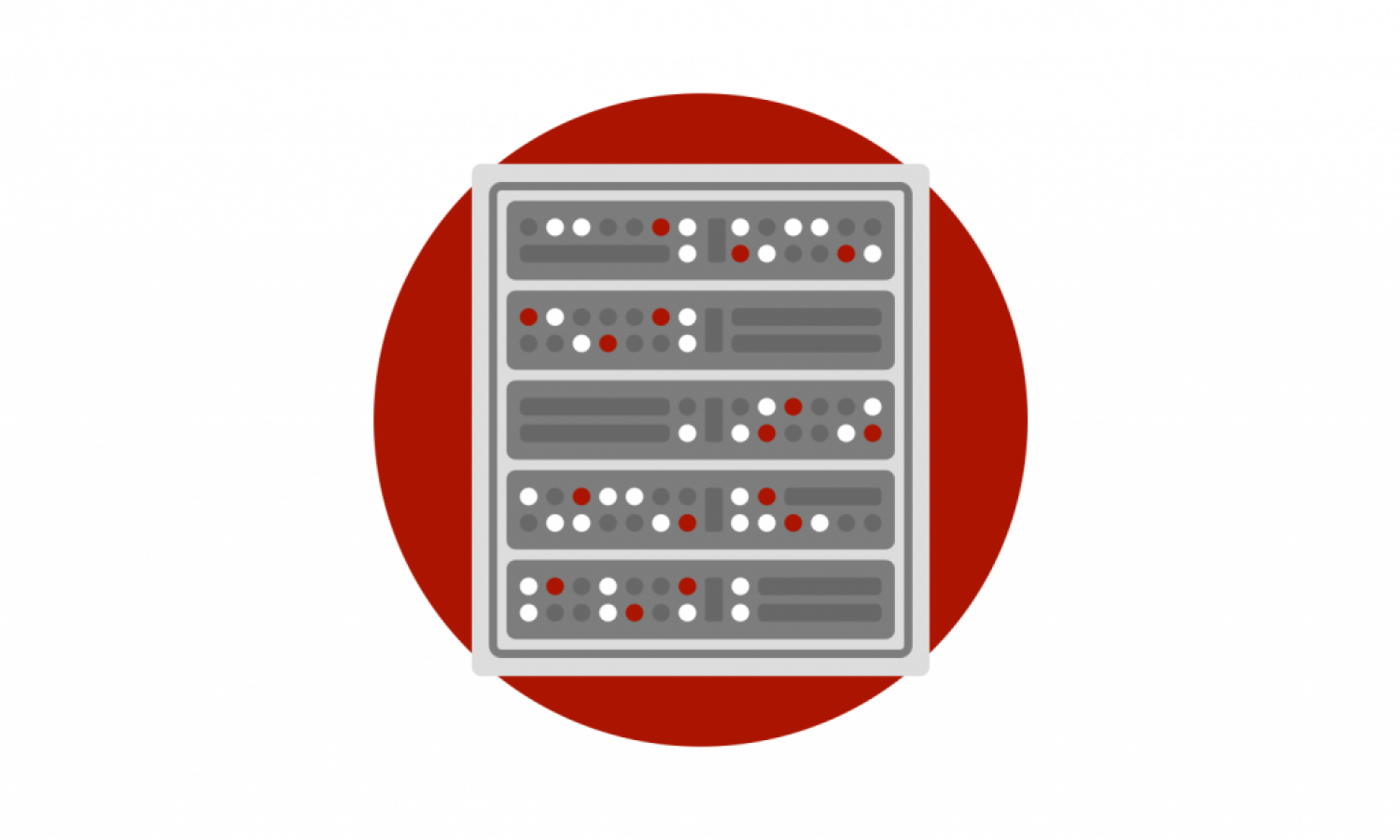i2Coalition Statement of Support for NTIA’s Qualified IANA Transition to Multistakeholder Community

Washington, DC – Internet Infrastructure Coalition (i2Coaliton) Co-Founder and Board Chair Christian Dawson released the following statement in advance of Wednesday’s markup of the DOTCOM Act and Thursday’s House Judiciary Committee hearing examining the transition of the IANA function to the global multistakeholder community:
“i2Coalition participated in the recent ICANN conference in Singapore, and among the issues discussed was the conditional offer that the NTIA made to the global mulistakeholder community to give up IANA function to that community. While at the conference, we had an opportunity to engage NTIA Secretary Larry Strickling directly on this issue.
“i2Coalition has the confidence necessary to endorse and support the dialogue his team is fostering to drive towards a transition of the IANA function to the global multistakeholder community, which will only happen if important qualifications are met. The coalition strongly believes that this could lead to a stronger Internet and a healthier global economy, but we are at the beginning of a dialogue – not the end of one. The hard work of ensuring that this is a positive transition is ahead of us.
“i2Coalition supports those who build the nuts and bolts of the Internet, and seeks to foster growth within the Internet infrastructure industry by driving others to harness the Internet’s full potential. We work to promote policies that foster continued development and expansion of Internet business. The most crucial of these policies is a continued commitment to Internet governance that takes into account the viewpoints of all Internet stakeholders. This commitment is often referred to as the ‘multistakeholder’ model of Internet governance.
“Nobody owns or controls the Internet; it is governed by a series of multistakeholder bodies. The Internet was created from the bottom up. Those initially building the Internet did so on a collaborative basis, sharing ideas and debating the best methods to operate the network. These processes continue today in a variety of areas: people discussing Internet standards, naming and numbering policies, peering and interconnection and many other technical and administrative issues. One such administrative function is the IANA function, which in practice is a clerical role on the Internet – sitting in between requested changes to the ‘root zone’ and the implementation of those changes. This administrative role, which in no way constitutes ‘control of the Internet’, is a comfort to some and a sign of United States hegemony to others.
“The Internet governance process is at a critical point. While we believe in the success of the multistakeholder model of Internet governance, we see increasing calls for change. Those calling for change appear to seek to replace this governance structure with one favoring a top down regulatory approach in which governmental entities, or quasi-governmental entities, dictate rules, regulations and technical standards. Anything that abandons the multistakeholder model of Internet governance can lead to a fractured global Internet, a curbing of economic growth, and a real risk of curbing of free speech throughout much of the world.
“Upcoming conferences such as the Netmundial conference in Brazil and the ITU Plenipotentiary will surely focus much of its discussion on United States surveillance efforts. Traditionally, the administration of the IANA function by the United States has been seen as a failure of multistakholderism, based on the perception that the United States prioritizes its interests in this area – a sign that the Internet isn’t truly owned and operated by the global community.
“And yet, holding on to the IANA function gets us very little – and by giving up very little we can gain a whole lot. We disarm many of the critics that are calling for a replacement for multistakeholderism. By removing a clerical function with no real operational opportunity for real oversight, the United States has the opportunity to aid the multistakeholder community in building real, more effective oversight tools moving forward.
“After the actions of the NSA were made public, our industry is already hurting enough. Global adoption of the Cloud has curbed, and businesses have begun making decisions based on data location, rather than on a technical or operational basis. The Internet is global, and the global economic potential is vast. This is an opportunity to engage the multistakeholder community to create a consensus based, permanent path forward that makes the Internet safer, and more confident.
“The important next step is to be a part of the process. ICANN does need more oversight – this process can bring real oversight mechanisms to it. This needs to be something that protects and doesn’t discourage free speech and an open and transparent global Internet. If we are part of the process of forging the transition we can make that happen. We can give up very little to gain a whole lot. As I have been told directly by Sec. Strickling, if NTIA doesn’t approve of the transition plan, the transition plan won’t move forward. This is the beginning of a dialogue – one that enterprise, government and the Internet user should be a part of – but not one they should seek to stand in the way of as it is a path to opportunity if done right.”
###

